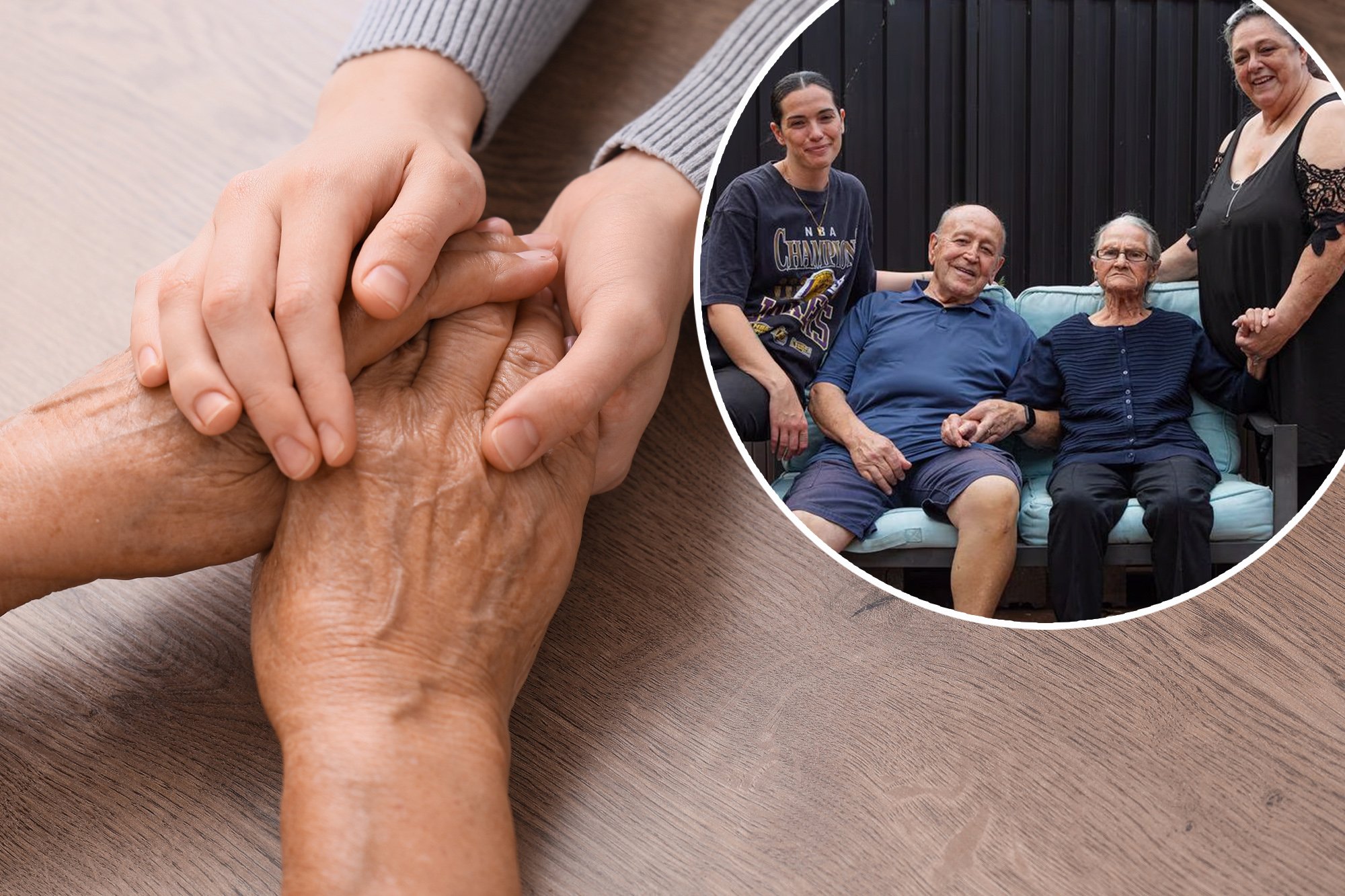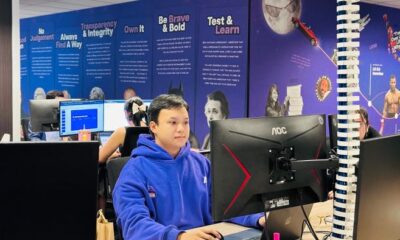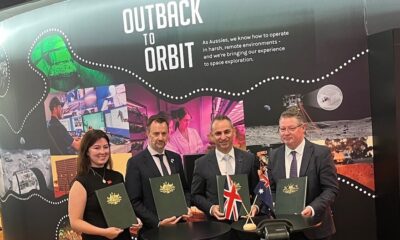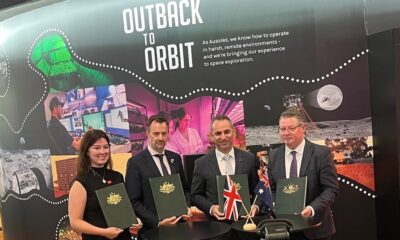Health
Spanish-Speaking Support Worker Transforms Care for Dementia Patient

Victoria Garcia, a resident of Dapto, south of Sydney, has made significant strides in her care journey after connecting with a Spanish-speaking support worker. Now in the advanced stages of dementia, Garcia has limited verbal communication abilities, often expressing herself through mumbling, barking, and other noises. Her husband, Antonio Garcia, and daughter, Cecilia Leha, have been her primary caregivers since her diagnosis.
Leha described the emotional toll of watching her mother decline. Initially, Garcia struggled to find the right words, leading to frustration and irritation. Over time, Garcia’s language preferences shifted; she no longer responds well to English, which adds to the family’s challenges.
Finding the right support proved crucial for the family. They connected with Michaela, a Spanish-speaking support worker from the aged care and disability organization Hireup. Leha noted that having Michaela speak Spanish has been a profound relief, allowing her mother to engage more comfortably. “Mum somehow can understand that language is her language; there’s something about it that really calms her,” Leha shared.
Antonio Garcia expressed his gratitude for the change, stating, “I am very, very happy. I am comfortable now that if anything happens, she’s going to be taken care of.”
Approximately one in four Australians living with dementia come from culturally and linguistically diverse backgrounds. Studies indicate that second languages are often among the first skills to fade after a dementia diagnosis. Danijela Hlis, a multicultural and bilingual support worker with over 25 years of experience, emphasized the necessity for tailored care in health settings. “The neglect and isolation that happens to some people in care who have reverted to (their) mother tongue is heartbreaking,” Hlis said.
Hlis, an advocate with Dementia Australia, supports the initiative to improve care for people from diverse backgrounds. She stated, “Our policies and practices in dementia care need to adapt and better support people from diverse backgrounds.” Hlis highlighted the lack of accountability in current practices, saying, “There are no fines, there are no consequences” for failing to respect language preferences.
From November 1, all Australian aged care providers will be required to comply with the new Aged Care Act, which aims to ensure that individuals can communicate in their preferred languages. The Act includes stricter regulatory oversight and civil penalties exceeding $1.5 million for significant breaches.
Hlis proposed various strategies for caregivers to support those who have lost their ability to communicate in English. She suggested liaising with family members who speak the patient’s language and utilizing appropriate media, such as radio and television programs, to foster familiarity. Hlis also recommended identifying cultural clubs or churches nearby and providing meals that align with the individual’s cultural preferences.
Research from Hireup has shown that language familiarity is a crucial need for many older Australians outside of residential settings. Laura O’Reilly, chief executive of Hireup, pointed out that nearly one in five older Australians consider language support essential for their home care.
O’Reilly noted a significant demand for support workers who can communicate in multiple languages, including French, Spanish, Italian, Cantonese, Greek, Hindi, Arabic, and German. She acknowledged the pressing workforce challenges in the disability and aged care sectors, emphasizing the need for diverse staff capable of matching the needs of those they care for.
“It’s not just about funding a human being and sending them to someone’s home,” O’Reilly explained. “You need the supply, but you also need the right type of supply.”
The experience of the Garcia family highlights the importance of culturally sensitive care in managing dementia. As the policy landscape evolves, there is hope that more individuals will receive the tailored support they need to navigate their health challenges with dignity and understanding.
-

 Science2 weeks ago
Science2 weeks agoNostradamus’ 2026 Predictions: Star Death and Dark Events Loom
-

 Technology1 month ago
Technology1 month agoOpenAI to Implement Age Verification for ChatGPT by December 2025
-

 Technology6 months ago
Technology6 months agoDiscover the Top 10 Calorie Counting Apps of 2025
-

 Health4 months ago
Health4 months agoBella Hadid Shares Health Update After Treatment for Lyme Disease
-

 Health4 months ago
Health4 months agoAnalysts Project Stronger Growth for Apple’s iPhone 17 Lineup
-

 Health4 months ago
Health4 months agoErin Bates Shares Recovery Update Following Sepsis Complications
-

 Technology4 months ago
Technology4 months agoElectric Moto Influencer Surronster Arrested in Tijuana
-

 Technology5 months ago
Technology5 months agoDiscover How to Reverse Image Search Using ChatGPT Effortlessly
-

 Technology6 months ago
Technology6 months agoMeta Initiates $60B AI Data Center Expansion, Starting in Ohio
-

 Technology6 months ago
Technology6 months agoRecovering a Suspended TikTok Account: A Step-by-Step Guide
-

 Education4 months ago
Education4 months agoHarvard Secures Court Victory Over Federal Funding Cuts
-

 Technology2 months ago
Technology2 months agoDiscover 2025’s Top GPUs for Exceptional 4K Gaming Performance





















